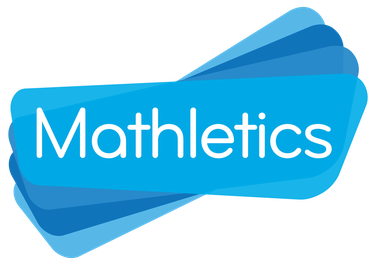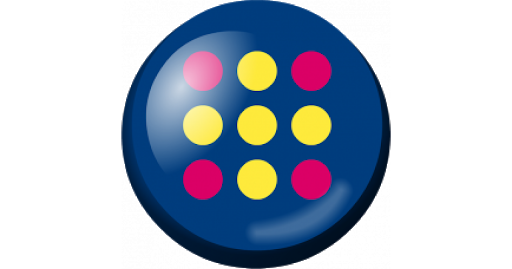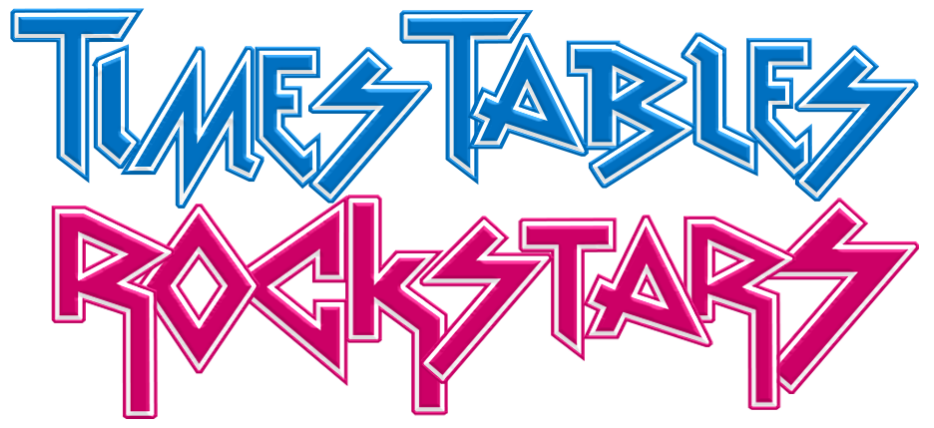Mathematics is a creative and highly inter-connected discipline that has been developed over centuries, providing the solution to some of history’s most intriguing problems. It is essential to everyday life, critical to science, technology and engineering, and necessary for financial literacy and most forms of employment. A high-quality mathematics education therefore provides a foundation for understanding the world, the ability to reason mathematically, an appreciation of the beauty and power of mathematics, and a sense of enjoyment and curiosity about the subject.
The national curriculum for mathematics aims to ensure that all pupils:
Mathematics is an interconnected subject in which pupils need to be able to move fluently between representations of mathematical ideas. The programmes of study are, by necessity, organised into apparently distinct domains, but pupils should make rich connections across mathematical ideas to develop fluency, mathematical reasoning and competence in solving increasingly sophisticated problems. They should also apply their mathematical knowledge to science and other subjects.
- become fluent in the fundamentals of mathematics, including through varied and frequent practice with increasingly complex problems over time, so that pupils develop conceptual understanding and the ability to recall and apply knowledge rapidly and accurately.
- reason mathematically by following a line of enquiry, conjecturing relationships and generalisations, and developing an argument, justification or proof using mathematical language
- can solve problems by applying their mathematics to a variety of routine and nonroutine problems with increasing sophistication, including breaking down problems into a series of simpler steps and persevering in seeking solutions.
Mathematics is an interconnected subject in which pupils need to be able to move fluently between representations of mathematical ideas. The programmes of study are, by necessity, organised into apparently distinct domains, but pupils should make rich connections across mathematical ideas to develop fluency, mathematical reasoning and competence in solving increasingly sophisticated problems. They should also apply their mathematical knowledge to science and other subjects.
At East Tilbury Primary, we follow the White Rose Mathematics schemes of learning, which is linked to the National Curriculum Programmes of Study. https://whiterosemaths.com/resources/schemes-of-learning/primary-sols/
We use the WRM schemes of learning as they encourage the use of concrete, practical equipment for all year groups before moving on to pictorial and then abstract learning. Different areas of learning in mathematics follow a two- to five-week block of learning, allowing children to consolidate and deepen their knowledge, skills and understanding.
We teach children to become fluent in mathematics by varying their methods and frequently practising ways to calculate. This allows pupils to observe and undertake a variety of methods before they progress to using formal methods of calculation. As a result, pupils are given the opportunity to use concrete equipment, gaining a full understanding of what and how they are actually calculating, rather than just learning a method, which can be easily forgotten or becomes muddled.
We also work with the children on developing their reasoning and problem-solving skills as applying their understanding of calculations to written problems is a skill in itself and needs direct teaching and understanding.
Learning basic skills - times tables and number bonds - is essential in enabling children to access all areas of the mathematics curriculum. To help motivate pupils to learn their times tables, we have a weekly intra-school times tables challenge; any class, in any year group can win the impressive trophy for the week as the times table being tested is year appropriate. The results are announced and celebrated in our Star Award assemblies each Friday.
Classes are allocated weekly computer/iPad time when the children log on to Mathletics, an on-line learning tool which teaches and assesses children's learning in all areas of mathematics. This tool is web-based so the children can also access this learning tool from home and continue to practise and develop their skills. The top point-scoring classes are announced in the weekly Star Award assembly, with the class scoring the most points gaining the trophy for the week and the top ten, highest point-scoring pupils being honoured with their names read out in the assembly.
Parents and carers can and do have a huge influence on their child's confidence and understanding of mathematics. Following recipes; using measuring jugs and scales; using a timer; paying for items in a shop and checking change; reading bus and train timetables; checking screen times at the cinema and estimating the time it will take to get to the cinema, and what time you will be home by; calculating or estimating how many miles it is to a relative's house or how far you will need to drive/go by train/coach/fly to get to your holiday destination and when you will arrive and how much they need to save each week/month to have enough money to buy the item they want, are all excellent ways to help children with essential mathematical skills.
We use the WRM schemes of learning as they encourage the use of concrete, practical equipment for all year groups before moving on to pictorial and then abstract learning. Different areas of learning in mathematics follow a two- to five-week block of learning, allowing children to consolidate and deepen their knowledge, skills and understanding.
We teach children to become fluent in mathematics by varying their methods and frequently practising ways to calculate. This allows pupils to observe and undertake a variety of methods before they progress to using formal methods of calculation. As a result, pupils are given the opportunity to use concrete equipment, gaining a full understanding of what and how they are actually calculating, rather than just learning a method, which can be easily forgotten or becomes muddled.
We also work with the children on developing their reasoning and problem-solving skills as applying their understanding of calculations to written problems is a skill in itself and needs direct teaching and understanding.
Learning basic skills - times tables and number bonds - is essential in enabling children to access all areas of the mathematics curriculum. To help motivate pupils to learn their times tables, we have a weekly intra-school times tables challenge; any class, in any year group can win the impressive trophy for the week as the times table being tested is year appropriate. The results are announced and celebrated in our Star Award assemblies each Friday.
Classes are allocated weekly computer/iPad time when the children log on to Mathletics, an on-line learning tool which teaches and assesses children's learning in all areas of mathematics. This tool is web-based so the children can also access this learning tool from home and continue to practise and develop their skills. The top point-scoring classes are announced in the weekly Star Award assembly, with the class scoring the most points gaining the trophy for the week and the top ten, highest point-scoring pupils being honoured with their names read out in the assembly.
Parents and carers can and do have a huge influence on their child's confidence and understanding of mathematics. Following recipes; using measuring jugs and scales; using a timer; paying for items in a shop and checking change; reading bus and train timetables; checking screen times at the cinema and estimating the time it will take to get to the cinema, and what time you will be home by; calculating or estimating how many miles it is to a relative's house or how far you will need to drive/go by train/coach/fly to get to your holiday destination and when you will arrive and how much they need to save each week/month to have enough money to buy the item they want, are all excellent ways to help children with essential mathematical skills.
Do you ever feel unsure about how maths is taught in
Primary schools?
If so you can find out how we teach maths and about the concepts the children learn to help them develop a sound understanding of maths by following this link to watch videos and look at work you can do with your children to help them further their understanding.





